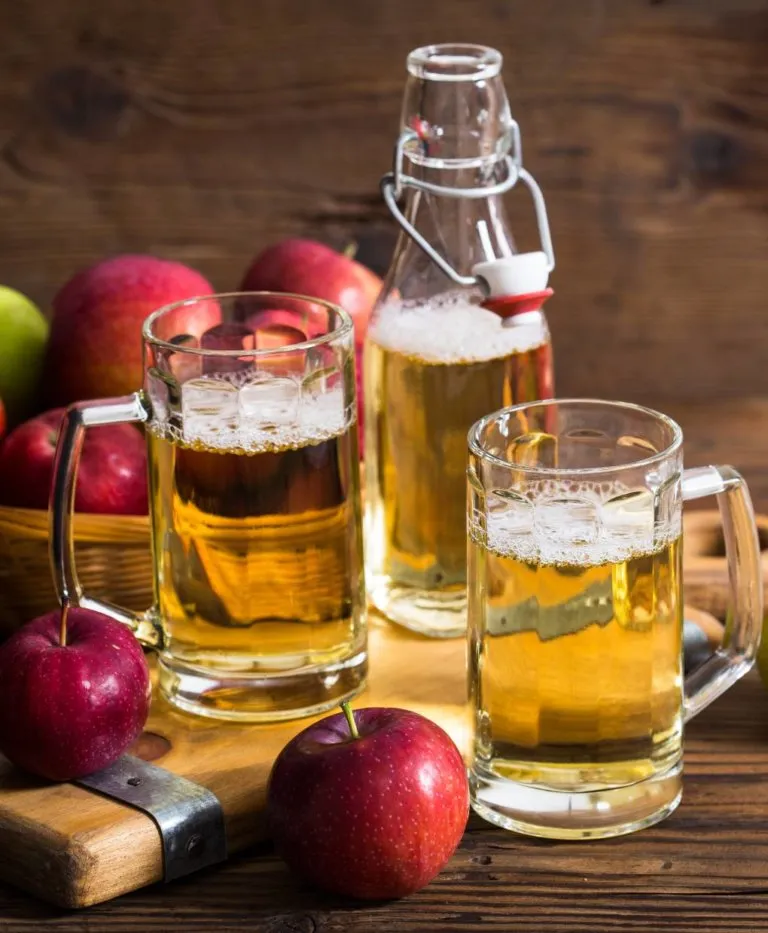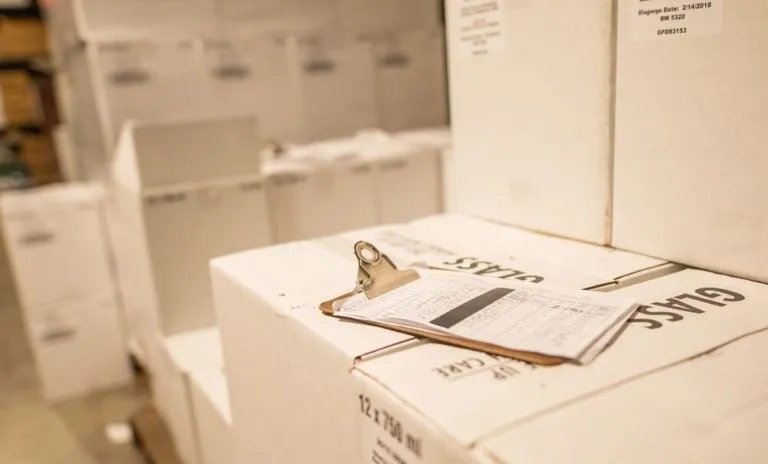Does Alabama permit DtC shipping of cider?
Yes
What license is required to ship cider DtC in Alabama?
A Direct Wine Shipper License is required to ship cider DtC in Alabama.
Does an instate cidery need a separate license to ship in Alabama?
Yes, all DtC cider shippers are required to hold a Direct Wine Shipper License apart from any other Alabama licenses they may hold.
How much does a DtC shipping license cost in Alabama?
A first-time license in Alabama costs $200, while subsequent license renewals cost $150 per year.
What is the DtC shipping license term in Alabama?
All Alabama licenses expire annually on September 30 and must be renewed prior to that date. The license renewal period opens in June annually.
Do any NOOP or similar product limits apply in Alabama?
In Alabama, DtC cider shippers may sell only ciders that were produced by the licensee, or were produced for the licensee under an exclusive contract and of which the licensee is the authorized brand owner under written contract with the producer.
Is product registration required for DtC shippers in Alabama?
Yes, only ciders that have been approved by the Alabama Beverage Control Board may be sold in the state.
Do any volume limits apply to DtC shipments in Alabama?
An Alabama Direct Wine Shipper licensee may ship up to 12 cases per individual per 12-month period.
What record collection is required of DtC shippers in Alabama?
Alabama Direct Wine Shipper licensees are required to collect, retain and report to following to the ABC: name and address of recipient; name and license of carrier used; name and license of a fulfillment house, if any was used; the date of shipment; the package tracking number; quantity of cider shipped; and a notice of whether a signature was collected at time of purchase.
What age verification rules apply to DtC shippers in Alabama?
In Alabama, DtC cider shippers must get "attestation" from the purchaser that they are of age at time of purchase but are not required to use any specific age verification service.
What sales tax rates are applied to DtC shipments in Alabama?
Alabama has a state sales tax rate of 4%, and municipalities can assess an additional 0%-7% in local rates.
What excise tax rates are applied to DtC shipments in Alabama?
All cider is subject to a $0.45 per liter excise tax in Alabama.
What sales and use tax return is required of DtC shippers in Alabama?
Alabama processes all sales and use tax returns through the state's online Department of Revenue MAT system.
What excise tax return is required of DtC shippers in Alabama?
DtC cider shippers to Alabama should file a Direct Wine Shipper Tax Return quarterly.
What shipping report is required of DtC shippers in Alabama?
DtC cider shippers to Alabama must include a summary report detailing their order data with their excise tax return.
What warning notice is required to appear on packages containing alcohol being DtC shipped into Alabama?
"Contains Alcohol: Signature of person 21 years or older required for delivery" is required to appear on packages of alcohol being shipped DtC to Alabama.
What delivery restrictions apply to DtC shipments to Alabama?
There are currently no delivery restrictions on DtC shipments to Alabama.
What additional considerations are there for shipping DtC in Alabama?
Alabama Direct Wine Shipper licensees are limited to initiating DtC shipments of cider only from either their licensed premises or from Fulfillment Houses that have received a license issued by the ABCB.



